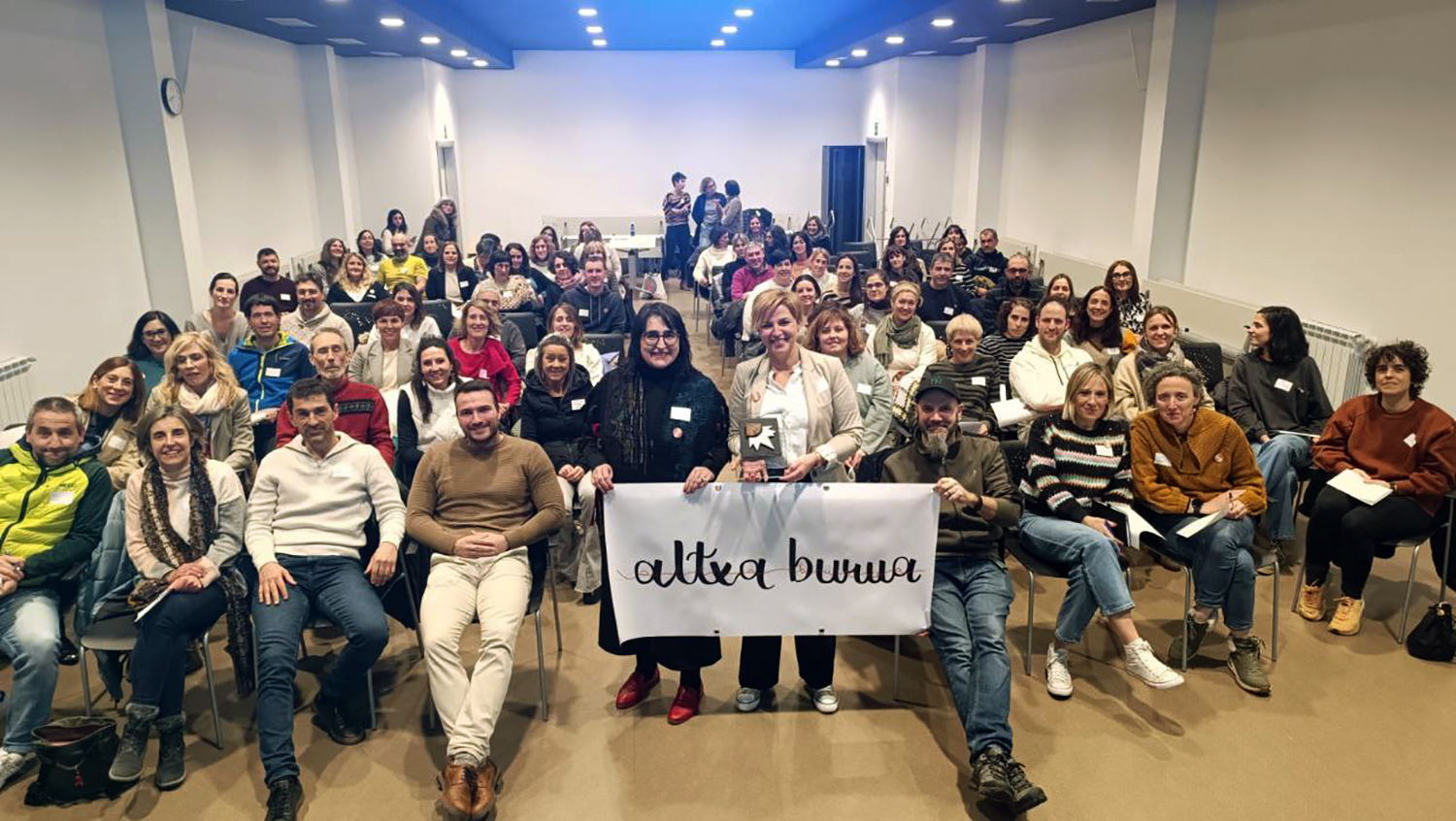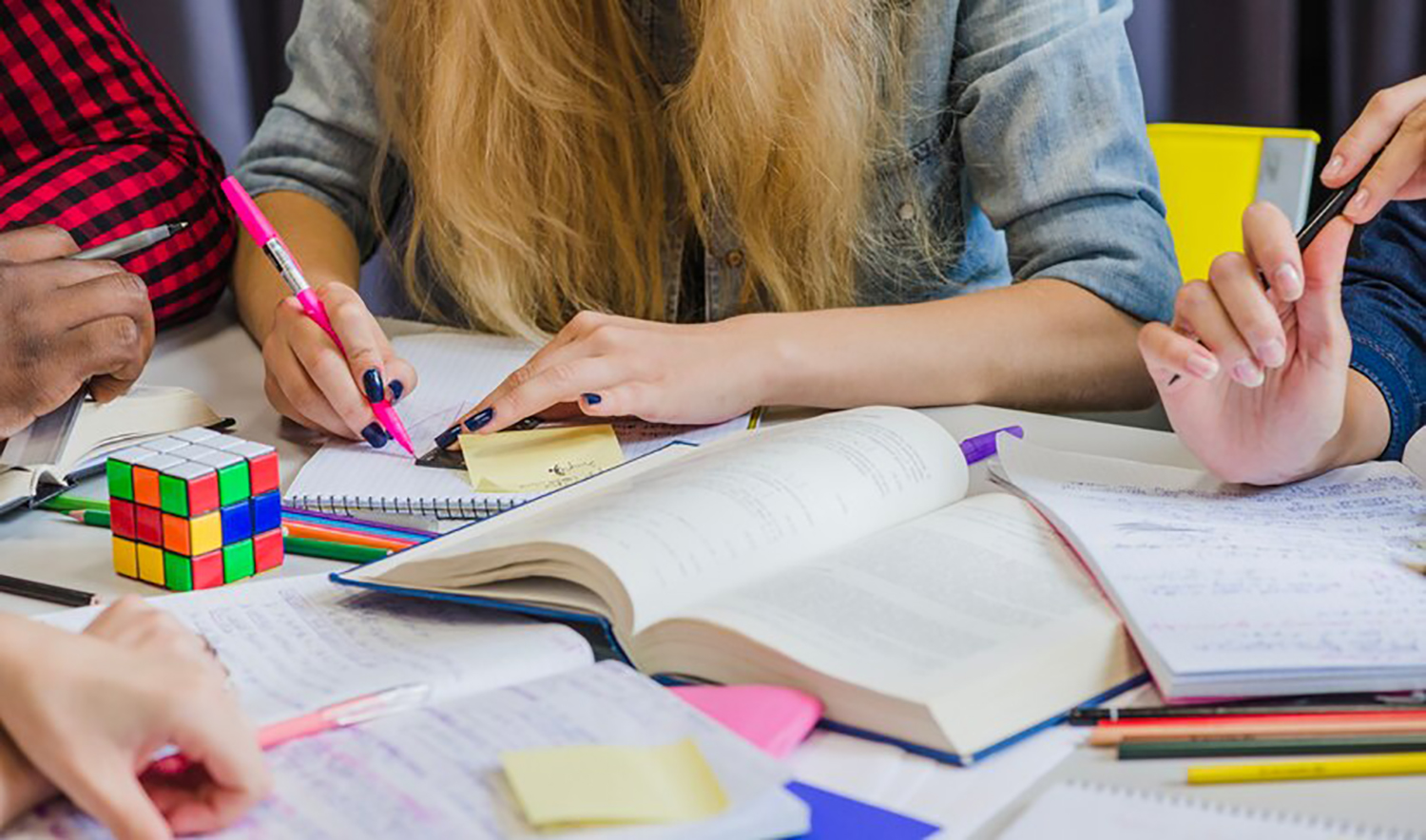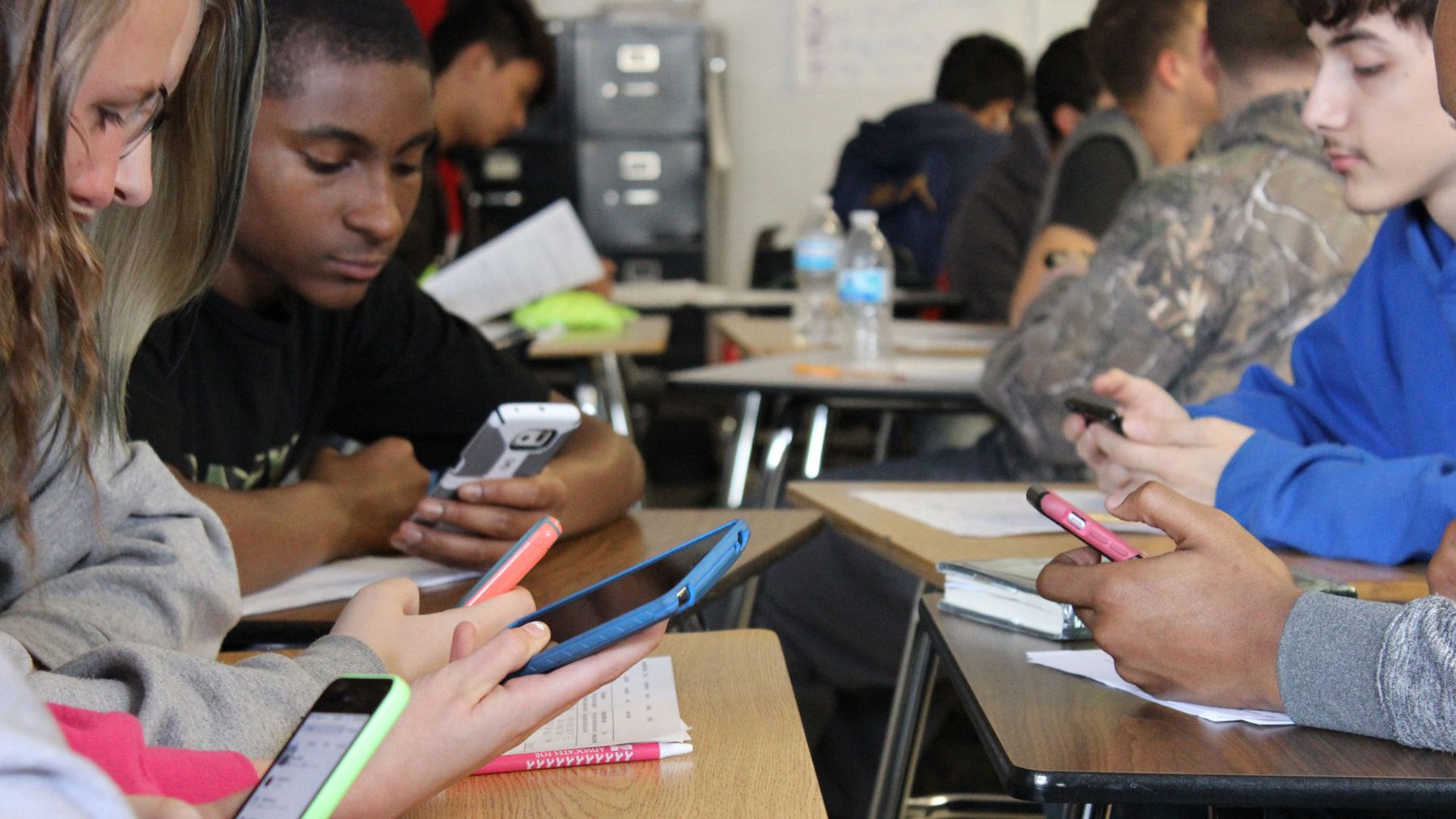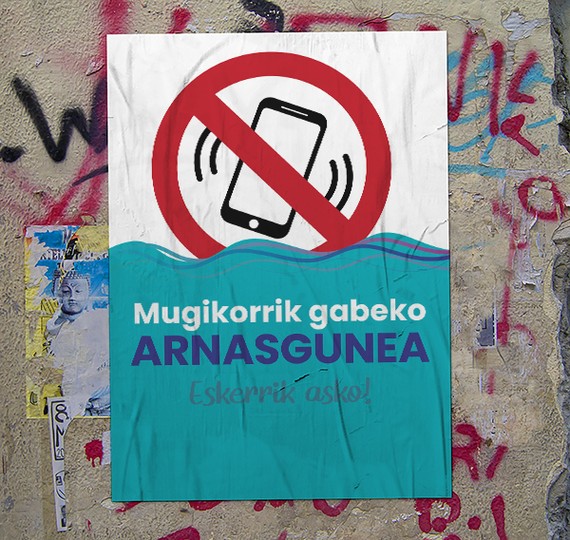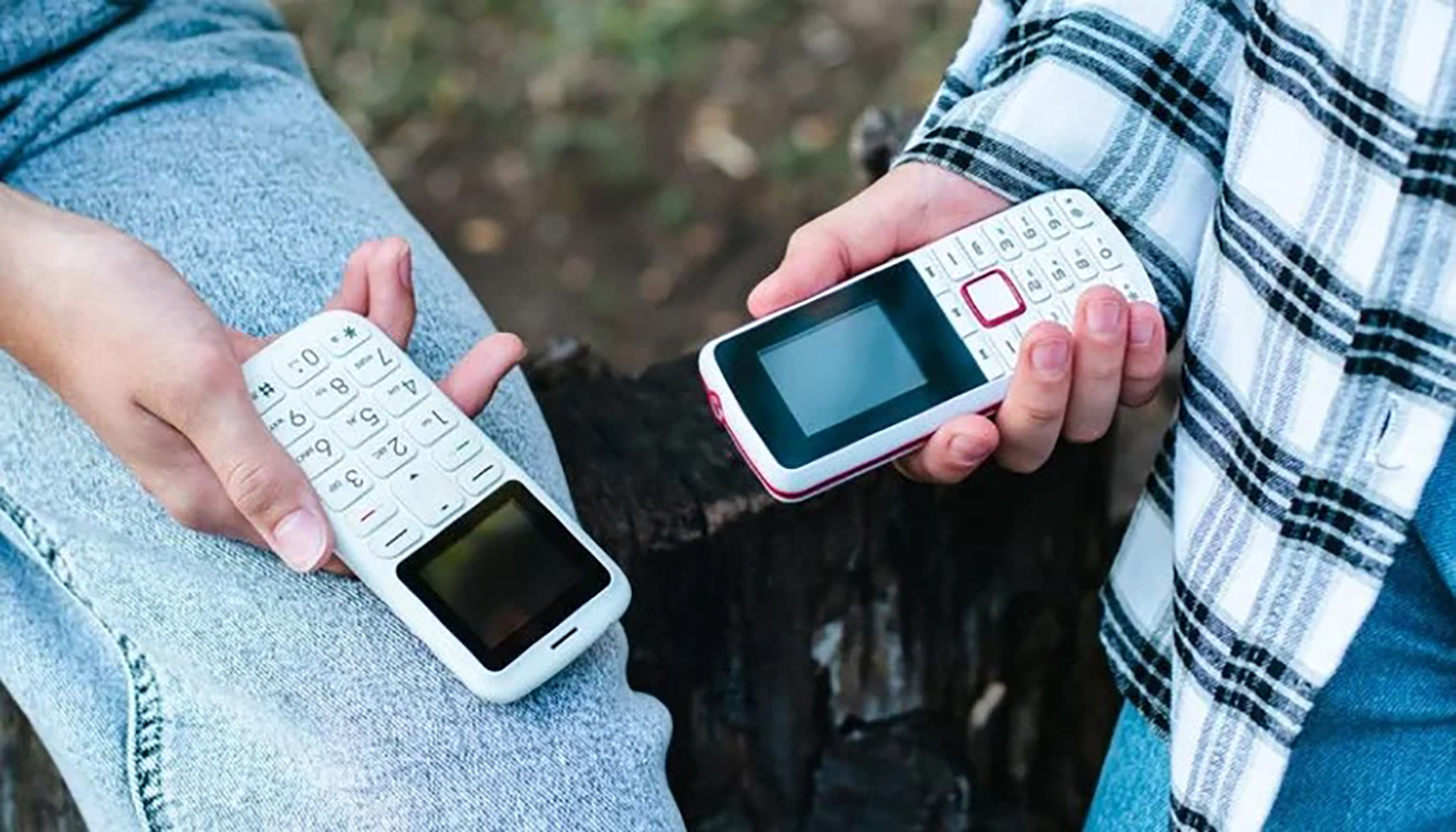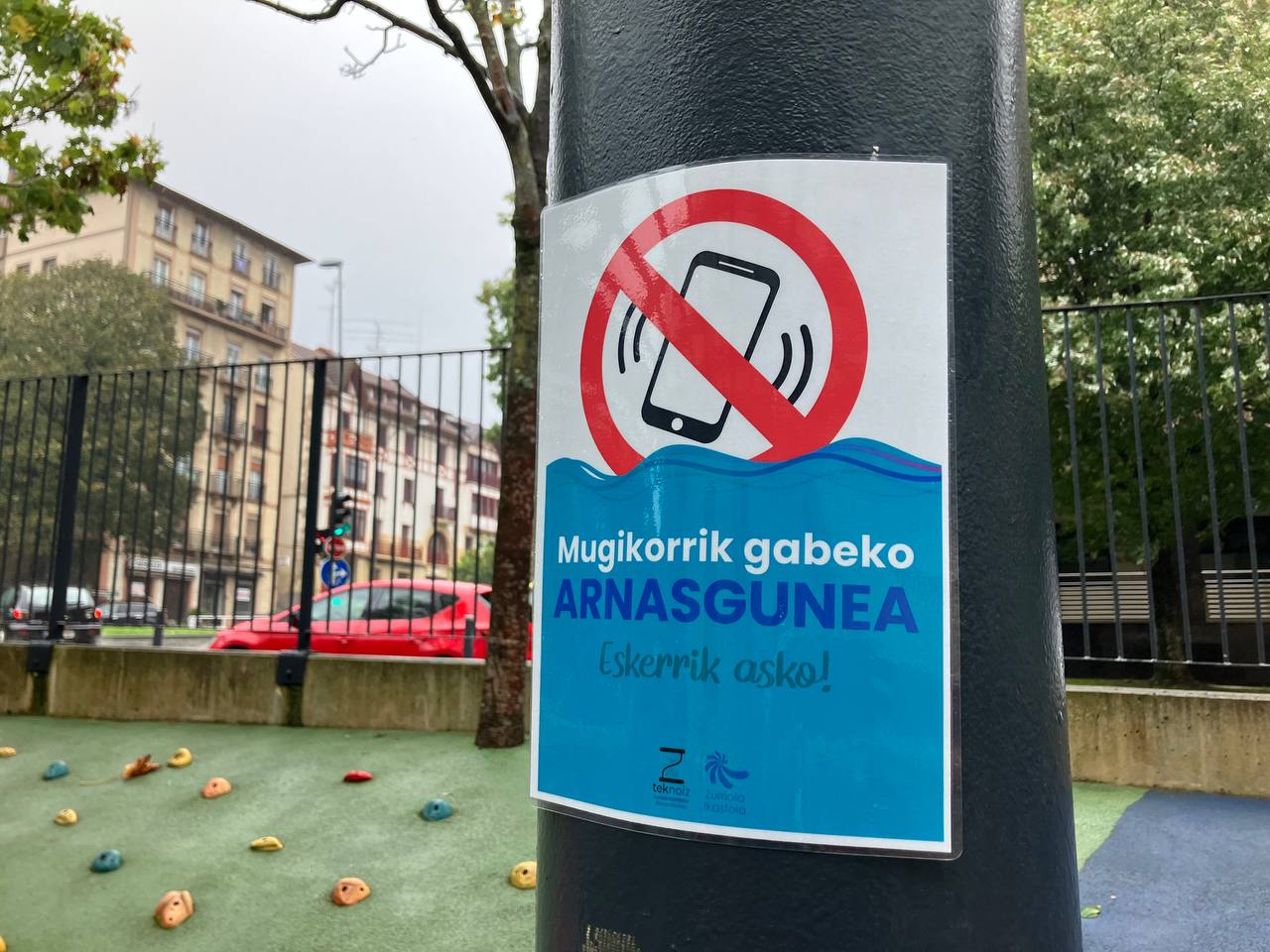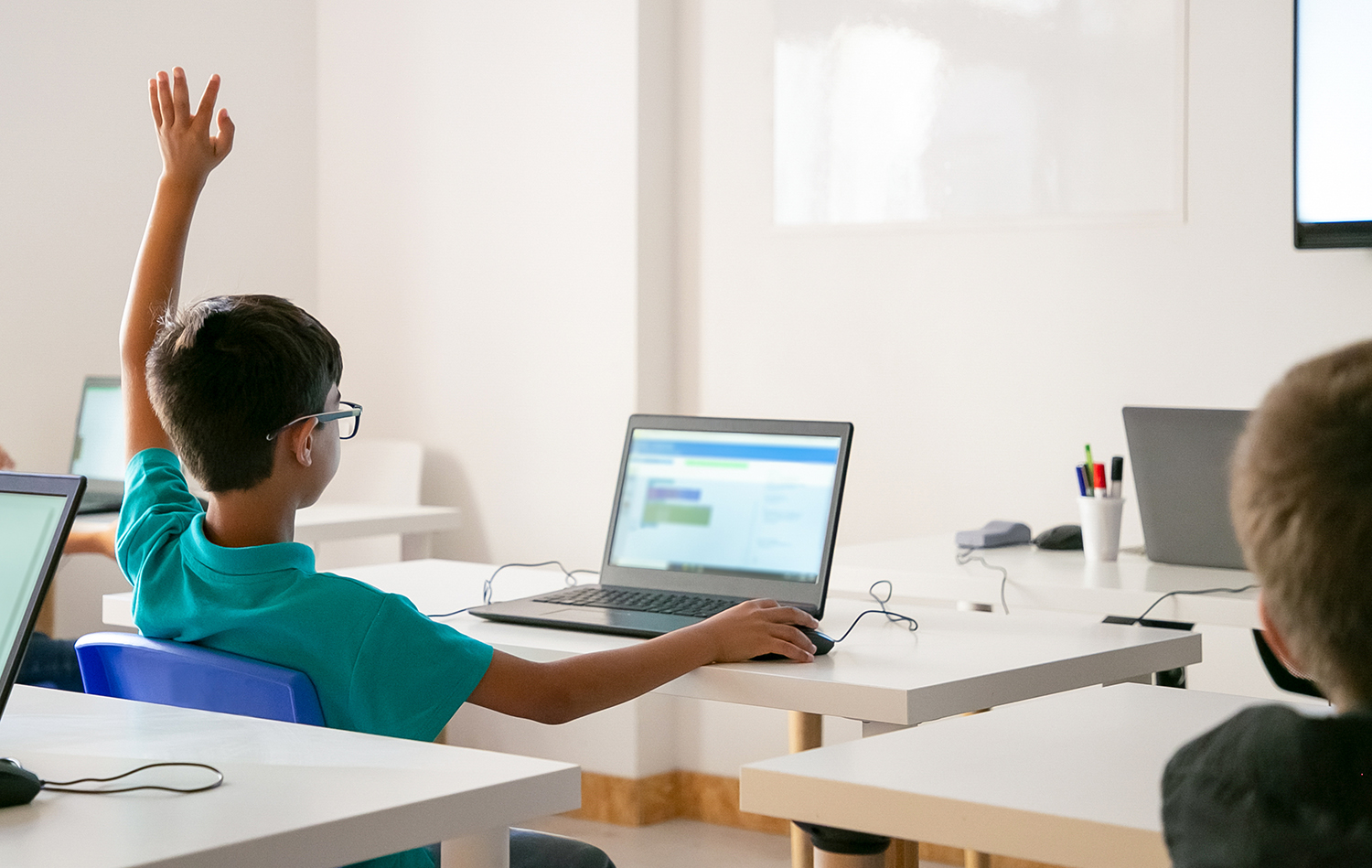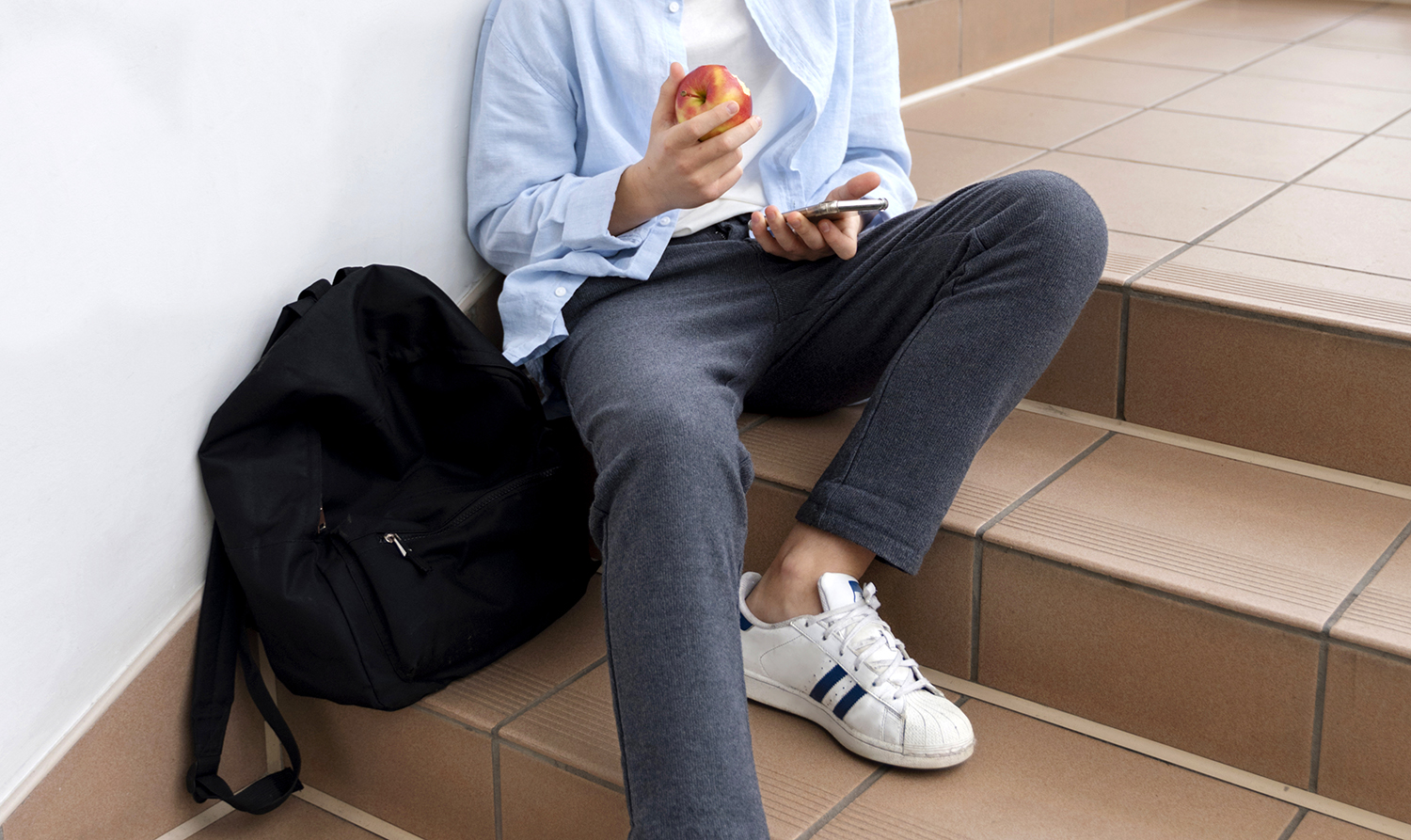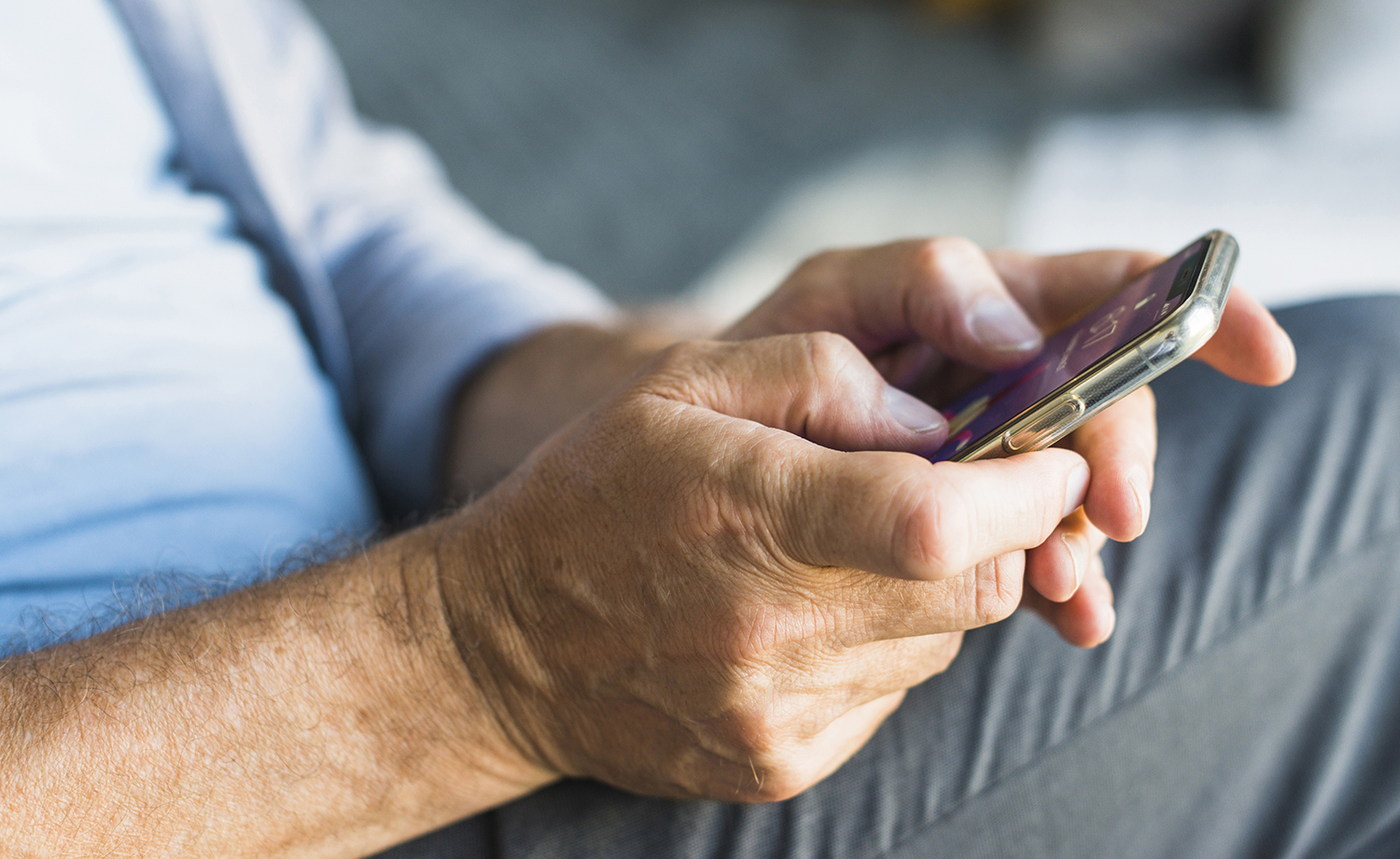When, how and under what conditions the first mobile?
- Before giving your first personal mobile to your teen, what path can you make at home with your family shared mobile? And once given, when is the time, what characteristics is the most appropriate device, what conditions and uses can we agree on, what should we avoid? Izarkom, a telecommunications cooperative and ARGIA, with the number 2.849, has prepared a practical guide that offers different solutions to the breaking of many parents.
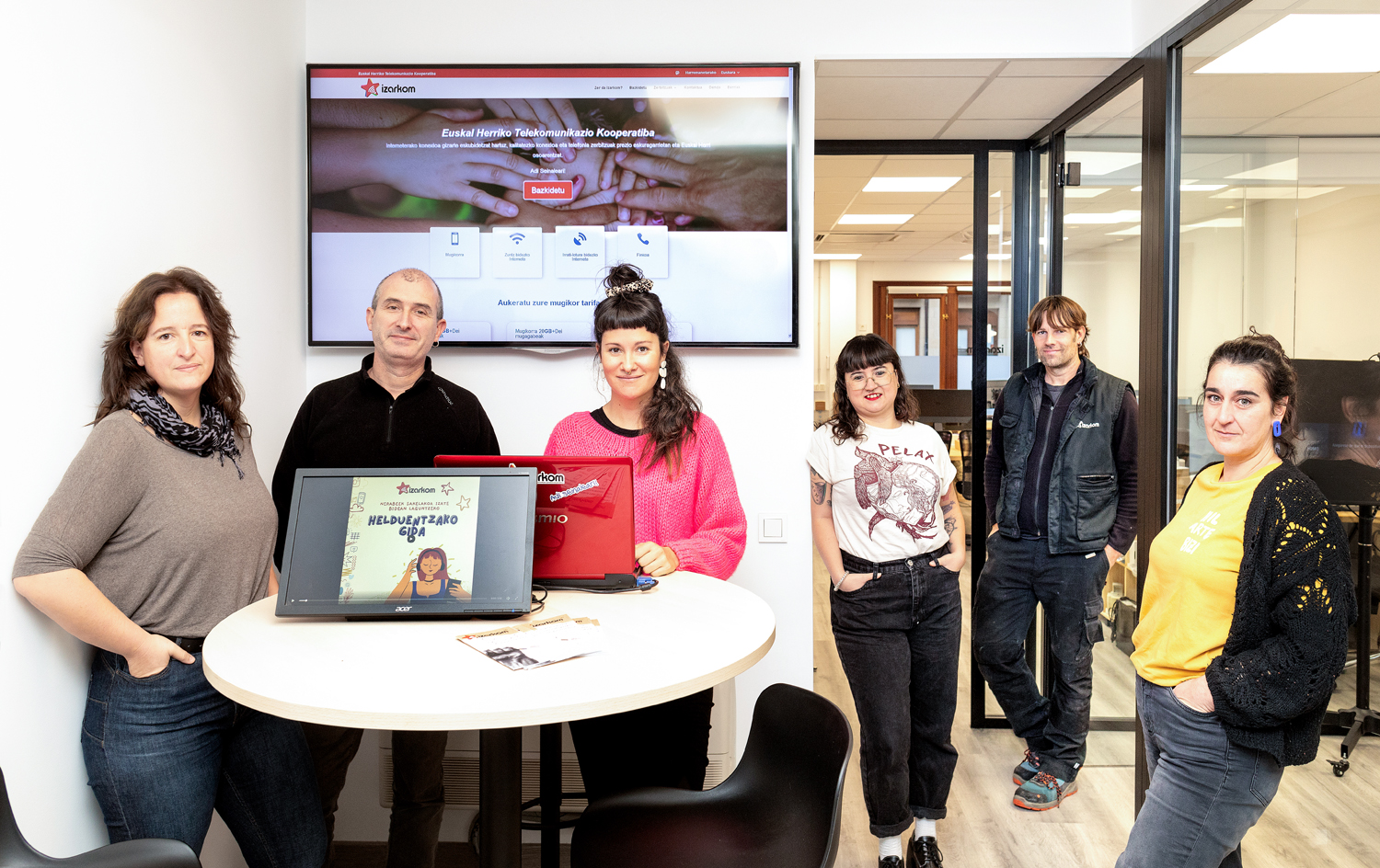
The aim of the initiatives being multiplied is for parents in the same school and municipality to agree and postpone, as far as possible, the age of giving their children a first mobile phone. “From this age it will be easier for the user to control the device and not the other way around,” the guide explains, considering that both brain and mobile development have applications designed to create dependency. In addition to addiction, abusive mobile use can have other adverse effects, as specified in the guide.
The reality is that in Euskal Herria at 12-13 years old, the first cell phone is bought. If the reason is group pressure, because the young person doesn't want to be the only one who doesn't have a mobile phone, the guide recommends starting to use the parent's phone before buying theirs. If the reason is the need for parents to contact their children (because of the fears adults may have), remember that the mobile phone that only has the ability to make and receive calls can be sufficient, it does not have to be a smartphone.
Making conscious use: When is mobile use useful, when is it not necessary and when are we making narcotic use (therefore dangerous)?
Before you give it, teach them how to use it properly. On the road to the
first mobile, the guide proposes a staggered journey with different steps and recommendations. In this journey, of course, parents will be a model and guide, and it is up to adults to reflect on the use of the screens that are made and increase self-control. To start with, how do we use our cell phone with the smallest ones? Experts recommend that cell phones and TV should not be placed at the same time, that they should not be used at meal time and before bedtime or that they should be limited to 30 minutes a day. What does the young man want to use his cell phone on his own? Leave the family device for use only when authorised by the adult, provided that it is used in shared spaces (not in private spaces) and that the device has minimum benefits (sufficient to cover basic maintenance and connection needs).
What has become of the need to give mobile staff? The guide advises you to have a device to make and receive calls, avoid the delivery of smartphones until the adolescent demonstrates a minimum maturity. In addition, the first device can be second hand or non-family use with Wi-Fi connection. It is still ideal to use it in shared spaces, and in case of private use, notify the children in advance what they want to use it for. The last step would be to get a device that the teenager has internet connection at any time and place. A fee with few data (maximum 1 GB per month) can be hired to make more motivated use of the service.
Convention of use: How much, when, for what?
“When we decide to donate the phone, it is the responsibility of everyone to be aware of the use that will be given to the device,” they say from Izarkom. To guide the conscious use of the telephone and responsible consumption, it is important to set instructions, standards and limits. “Dialogue and consensus between parents and young people is fundamental: the use must be justified and is the result of the agreement of both parties.” The best time to reach an agreement or agreement between parents and children is when the adolescent still has no mobile phone and is a condition to access the mobile phone. The aim is to define the time, time, places, circumstances and reasons why mobile phones can be used above all. In the guide you will find the model questions of the convention.
Limiting the use and making conscious use means, among other things, knowing when it is a profitable use of the mobile (sharing information with someone, enjoying the culture…), when it is not necessary, because that need can be met in another way (talking with friends, using it as entertainment…) and when we are making a narcotic use of the mobile and therefore dangerous (consuming content compulsively, playing in certain games…). “When we lose the notion of time and the ability to say it’s enough, we’re talking about narcotic use.”
The guide recommends updating the responses and agreements of the Convention and monitoring, as well as using monitoring programmes.
The best time to agree when, how much and how to use the mobile is when the adolescent still does not have a mobile and as a condition to achieve it
Among other things, the Izarkom cooperative, which provides mobile telephony services, has had to answer a repeated question in recent times, both from families who had to make a new telephone contract, and from many parents who simply have doubts, at what age should we give the first phone to our children and adolescents? “We give a personalized response, but as we generalize the need we have seen the need for a global response,” explains Yaiza Arrizabalaga, of the cooperative. This is how the Adult Guide is born to help teenagers on their way to the cell phone.
They started working on the idea and met with the guidance of the Catalan operator Som Connection, published in 2021. Based on this guide, the guide has been elaborated in collaboration with the initiatives and groups working on the subject in the Basque Country: Orkatz Goenaga (Alxa burua), Miren Ros (Continuity aukera, guk 16), Telmo Lazkano (No phone challenge, The Scream of Teens), Leyre Cano (Guraso Treba) and Rakel Gamito (UPV). “It has been difficult for us to explain in depth all the dimensions of this issue, it is not its objective, but we wanted to give it as broad a dimension as possible,” and the result is a practical guide.
Where can you get the guide?
Our readers will receive the guide with the issue number 2.849 of the weekly ARGIA, with a number dated December 3. At the Durango Fair, if you approach the Izarkom table, you will be able to buy it, even if you wish, by collecting the Izarkom SIM card. Izarkom will also offer the possibility to download the guide in PDF format on its website. It also aims to be a living guide: “In these times of digitization things go very fast, the recommendations also change quickly and in this sense the guide should be able to pick up the necessary adaptations.”

There are many ways to gain power; not all are beautiful. There are those who want to divide the power and the responsibility that it entails with it, who seek authority. Others have a lot of respect for him and the fact that each step is so measured makes them unable to make a... [+]
The consumerist culture we live in sends every user to an unreasonable enjoyment. As Slavoj Zize says, Enjoy your fetish, it has become the rude mandate of hypermodernity. Current enjoyment is carried out through existing technological devices to occupy the place of fetish. But... [+]
A father from Bilbao has asked me about the secondary education protocol being developed at the AMPA around mobiles.
As I read on the website of the Basque Government, in January 2024 there was talk in schools about the regulation of mobiles, that there will be no prohibition... [+]
Human beings have never been easy to think calmly for long periods of time, we live with the responsibility of taking our lives forward, both ours and our descendants. In this opportunity that we have had to live, we want to do things as best we can. For these responsibilities,... [+]












